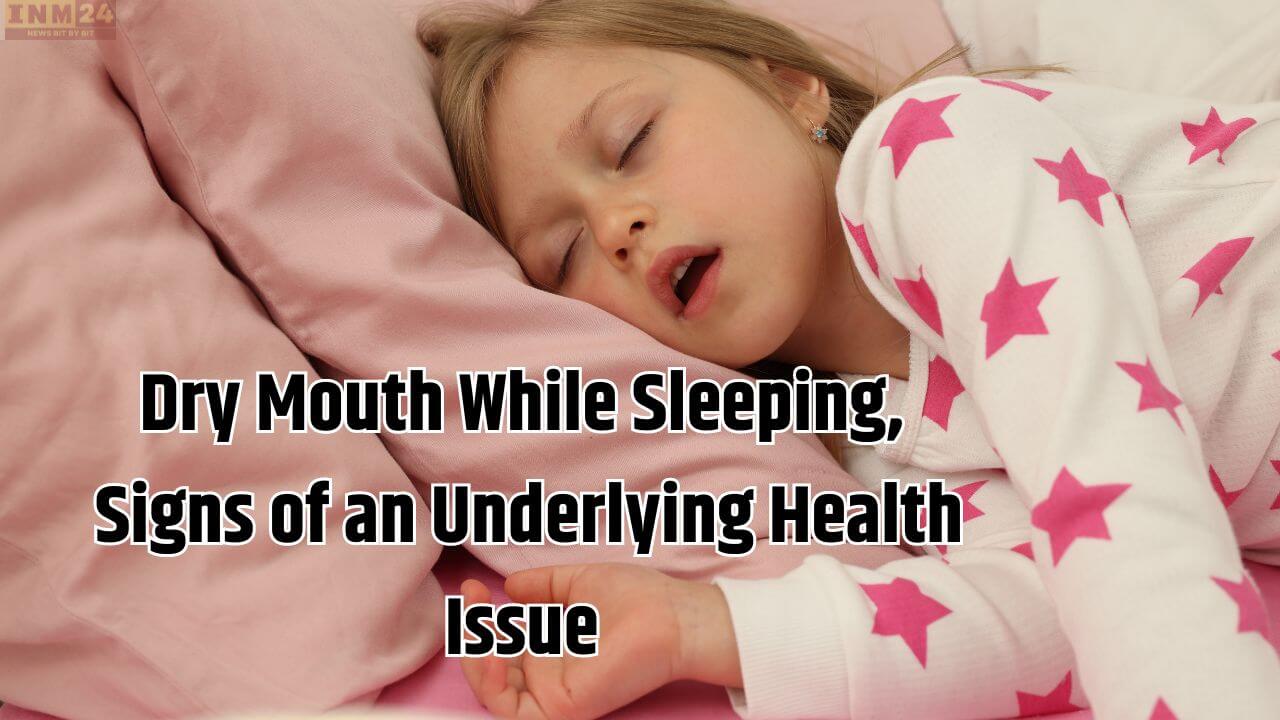In the hustle and bustle of today’s fast-paced lifestyle, people often find themselves grappling with sleep-related issues due to changes in their routines. For many, difficulties in sleeping well are attributed to factors like throat dryness or frequent urination during the night. However, it is crucial not to dismiss these symptoms outright, as they could be indicative of a more serious health condition.
Why Does the Throat Dry Up During Sleep?
Dryness in the mouth during sleep is a common occurrence. Usually, the production of saliva in the mouth diminishes during sleep, leading to dryness in the mouth and throat. While this is a natural and temporary phenomenon, persistent issues with dry mouth over an extended period should not be ignored, as it could be a symptom of an autoimmune disorder.
In such cases, the body’s immune system may work against itself, affecting various parts of the body, including the eyes, mouth, and surrounding areas. This can result in dryness and discomfort. Additionally, the consumption of alcohol, tobacco products, and certain mouthwashes can contribute to dryness in the mouth and throat.
Causes of Dry Mouth during Sleep
- Breathing through the Mouth: Breathing through the mouth, especially during sleep, can contribute to dryness.
- Dehydration: Inadequate water intake or dehydration can cause a lack of moisture in the mouth.
- Sleep Apnea: Conditions like sleep apnea can disrupt normal breathing patterns, leading to dry mouth.
- Medications: Certain medications, including those for allergies, depression, and hypertension, can cause dry mouth as a side effect.
- Autoimmune Disorders: Conditions like Sjögren’s syndrome, where the immune system attacks moisture-producing glands, can result in chronic dryness.
Symptoms of Dry Mouth
- Feeling of stickiness or dryness in the mouth
- Increased thirst
- Mouth sores
- Cracked lips and dry throat
- Difficulty swallowing
- Bad breath
- Thick saliva
- Speech difficulties
- Bitter taste in the mouth
- Sleep disturbances
Preventive Measures
To mitigate dry mouth issues, it is essential to stay hydrated by drinking water regularly. Avoiding alcohol, tobacco, and alcohol-based mouthwashes can also help. If you wake up with a persistently dry mouth, paying attention to these factors and making necessary adjustments may alleviate the problem.
While occasional dryness in the mouth during sleep is normal, persistent symptoms should be investigated further. Seeking medical advice and addressing potential causes can help prevent complications associated with chronic dry mouth. Being proactive about hydration and lifestyle choices can contribute to improved overall health and a more restful sleep.
